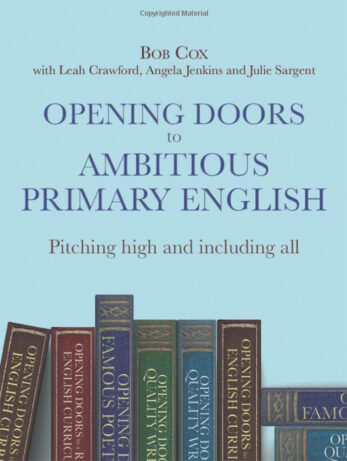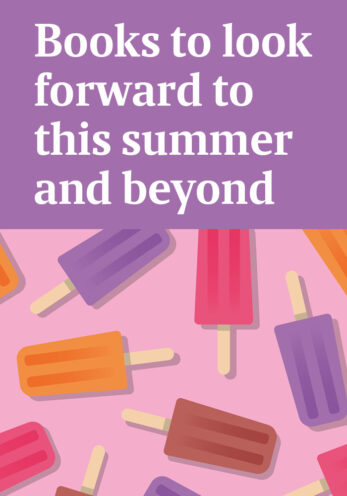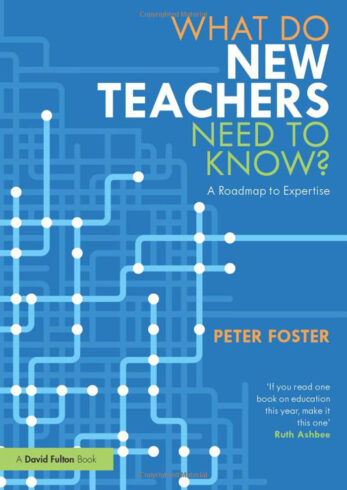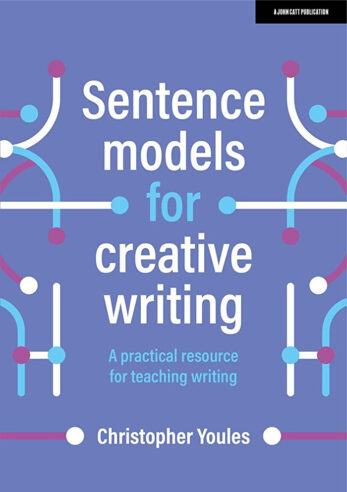Publisher
John Catt
ISBN 10
1915261694
Published
3 Feb 2023
Pretended takes readers on an emotionally charged journey through the dark corridors of Margaret Thatcher’s infamous Section 28 legislation, which prohibited schools from acknowledging homosexuality. Its title, if you’re wondering, derives from the law’s disturbing description of homosexualityas a“pretended family relationship”.
Catherine Lee, who experienced the law’s oppressive grip as a teacher for its entire 15-year duration from 1988 to 2003, delves into its political, cultural, and deeply personal repercussions for gay and lesbian educators. The result is a remarkable book that presents a meticulously detailed narrative of pivotal moments in the history of education and the LGBTQ+ community.
Even before venturing into the heart of the narrative, Lee’s dedication in the form of a heartfelt apology to all the LGBT+ students she couldn’t be there for when they needed her most sets a poignant tone. What follows is just as deeply personal. Lee shares her journey from PE teacher in inner-city Liverpool, to special educational needs coordinator and pastoral leader in rural Suffolk. Throughout her career, she recounts the pain of pretending to be someone she wasn’t, living a life of secrecy, fabricating relationships and guarding her true identity at all costs.
This is a well-structured narrative in three compelling parts. The first examines the political and historical landscape of same-sex relationships in the UK and documents the emergence of Section 28 from its initial discussions in the House of Lords to its passing in the House of Commons. The parliamentary transcripts reveal shocking and infuriating statements that left me frankly appalled. Lord Halsbury’s derogatory remarks about homosexuals as “reservoirs of venereal diseases” and the portrayal of homosexuality as “disgusting and unnatural” by various peers including Lord Longford are deeply unsettling. Leading the charge in the House of Commons, Conservative MP, Jill Knight was labelling teaching about homosexuality as “perverted”, arguing that it would lead to the spread of AIDS.
Her honesty is at times heart-wrenching
Lee documents the joyful and sometimes bewildering protests that accompanied all this too. In February 1988, ten lesbians daringly abseiled into the chamber of the House of Lords with a washing line bought from Clapham market. Another group disrupted the BBC News studio during the six o’clock news. But fearful for their jobs and livelihoods, teachers were in the main too afraid to publicly join the protests.
Part two is centered around excerpts from Lee’s own diary, giving us a personal glimpse into the life of a lesbian teacher navigating the classroom under the oppressive grip of this legislation. Her honesty is at times heart-wrenching. In an entry from 1995, she candidly expresses her fear of being unjustly labelled as a paedophile—a fear research has snice revealed to have been widely shared by other gay and lesbian PE teachers during that era.
In the book’s empowering and uplifting third part, readers are introduced to a cascade of positive changes and advancements for the LGBTQ+ community and inclusive education. From the transformative Equality Act 2010 to the nurturing of inclusive relationship, sex and health education in schools, these developments exemplify the ongoing progress towards fostering equality and acceptance.
The book’s final pages are a joyful reflection on the author’s involvement as an advisor to the award-winning film Blue Jean, which played a significant role in her journey of reconciling with the legacy of Section 28.
But they are also a cautionary reminder that this progress is neither linear nor guaranteed. Lee highlights Florida’s ‘Don’t Say Gay’ law, a disturbing parallel to Section 28 that has seen LGBTQ+ topics banned from discussion in the classroom and books about inclusion removed from libraries.
As we navigate these turbulent times, Pretended stands as a powerful testament to the ongoing struggle for LGBTQ+ rights. It urges us to confront the violence and polarisation in public discourse, to challenge harmful stereotypes and to strive for a more inclusive and accepting society.
This book is an essential read for anyone seeking to champion the future of LGBTQ+ students and educators and actively contribute to positive change.







Your thoughts